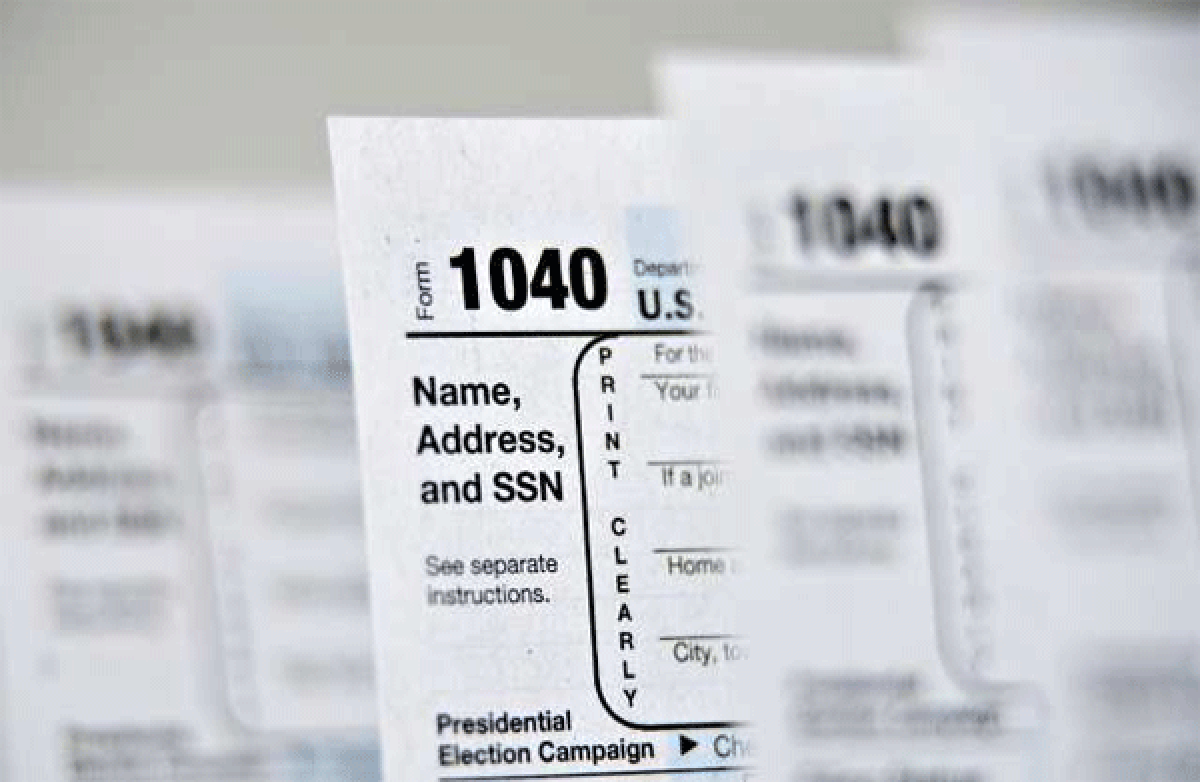A Word, Please: Why we sometimes say ‘if I were’ instead of ‘if I was’

- Share via
“If there were a Form 3, you would have already filled it out.” Reader Jessica had a question about a sentence like this. The speaker already knew about a Form 1 and a Form 2. The existence of Form 3, however, was hypothetical. So, Jessica wanted to know, is that “were” correct? Or should it be “was”?
There’s a one-word key to finding the answer: subjunctive. That’s the term for the grammar dynamic that determines whether “was” or “were” is best here. Armed with that one little word, you can research the issue and arrive at an answer. But Jessica already knew that. She Googled “subjunctive” and still couldn’t figure out what it meant for her sentence.
“I haven’t been able to find any examples on the internet about ‘if there were ...’ Only examples of “If he/she/it were ...”
In other words, “there” is complicating the question of whether the verb should be “was” or “were.” But does the “there” really affect the verb? In this case, no. But it’s good to understand both dynamics, the subjunctive and something called “existential there,” to work all this out.
The subjunctive mood refers to sentences that express wishes, suppositions, statements of necessity, demands and other “contrary to fact” statements. “If he were taller” is an example of a contrary-to-fact subjunctive. He’s not taller. He’s as tall as he is. So this is subjunctive.
Compare that to “If he was being honest, you’ll get all your money back.” In this case it’s possible he was being honest. Time will tell. So it’s called “indicative,” which for our purposes just means “not subjunctive.”
The difference is reflected in the verb. In the past tense, the subjunctive applies only to the verb “be,” and it’s formed by replacing “was” with “were.” “If he were being honest” (which means he wasn’t) versus “If he was being honest” (which means it’s possible).
In the present tense, the subjunctive applies to all verbs, and you form it by replacing the conjugated verb with the “base form” of the verb.
Compare “Zach locks up the office at night” with “It’s crucial that Zach lock up the office at night.” “Locks” is the conjugated form. “Lock” is the base form. And by putting “it’s crucial” at the head of our sentence, we’re creating a statement of necessity that triggers the subjunctive mood.
Using the subjunctive, by the way, is usually optional. There’s no rule that says you have to use it. The term is just a way of understanding why we are sometimes inclined to say “if I were” instead of “if I was.”
So, going back to Jessica’s original question: Does having “there” as a subject have any effect on the subjunctive? The “there” in that sentence is a little confusing because “existential there” has a way of turning a sentence on its head.
Compare “A man was spying on you” to “There was a man spying on you.” In the first, we have a simple subject-verb relationship in which the doer of the action, the man, is the subject of the verb, “spying.” But in the second, the grammatical subject of the sentence is “there.” It’s the subject of the verb “was.” The doer of the action hasn’t changed. It’s still the man. But the grammatical subject has. It’s now “there.”
Using existential there is easy if you don’t think about it. Native speakers understand you have a choice of “a man was spying” or “there was a man spying.” Whichever better captures your emphasis and works with the meter of your sentence is fine.
Existential there has no special rules when it comes to the subjunctive. Just as “he was” becomes “he were” in the subjunctive, “there was” becomes “there were.” So the answer to Jessica’s question is that “were” is the correct choice. Form 3’s existence is purely hypothetical, so the subjunctive would be “If there were a Form 3.”
